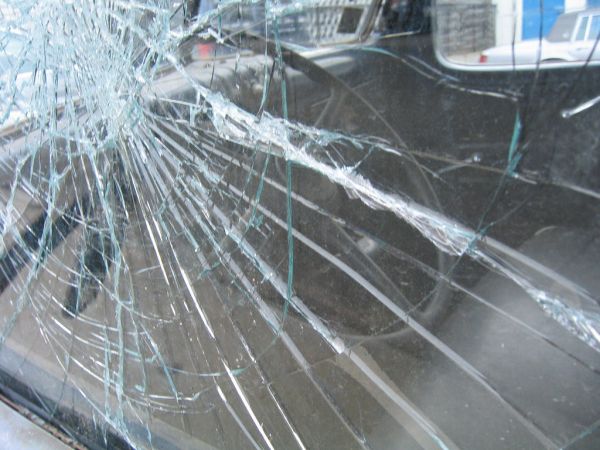Tag: ‘Price tag’ campaign
-
Burin: Yitzhar settlers leave the mark of violence
by Veronica 10 February 2012 | International Solidarity Movement, West Bank On Thursday 9 February at about 10pm, a house in the village of Burin near Nablus was attacked by settlers. Approximately 50 armed settlers approached a house near the edge of the village and threw stones and rocks at the inhabitants, shouting at them…
-
Planting hope and natural resistance in Burin
by Jonas Weber 4 February 2012 | International Solidarity Movement, West Bank On the 4th of February International Solidarity Movement (ISM) and The Ecumenical Accompaniment Programme in Palestine and Israel (EAPPI) attended the replanting of 50 olive trees on the hillsides above the village of Burin, outside of Nablus. The planting went without disturbances from the surrounding…
-
61 year old Palestinian woman in intensive care after settler attack
by Fransisco Reeves 3 February 2012 | International Solidarity Movement, West Bank When your land is occupied by those who harbor hatred towards you emanating from a belief that they are inherently superior to you, each day brings with it a genuine threat to the security of your life and the lives of your loved…


